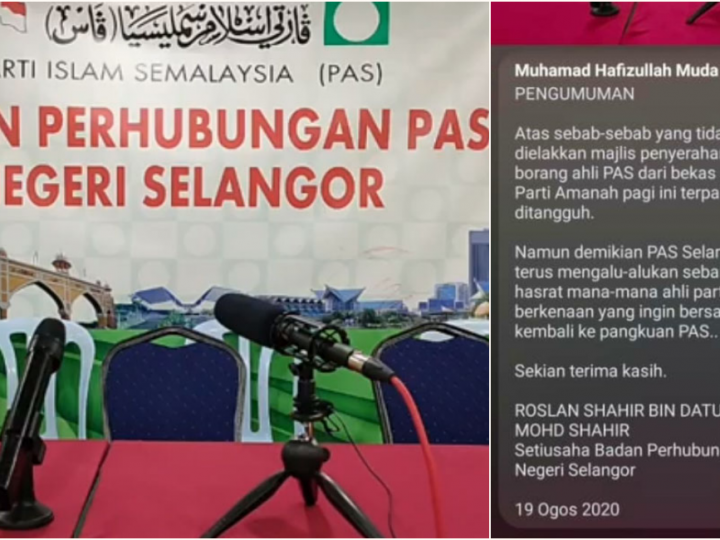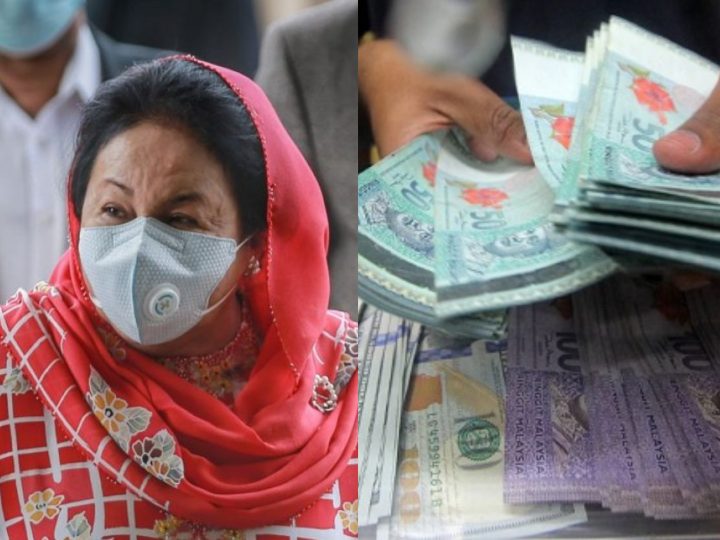Pahang Musang King Durian Farmers Claim They Are Being Forced Into “Modern Slavery” By One-Sided Contract
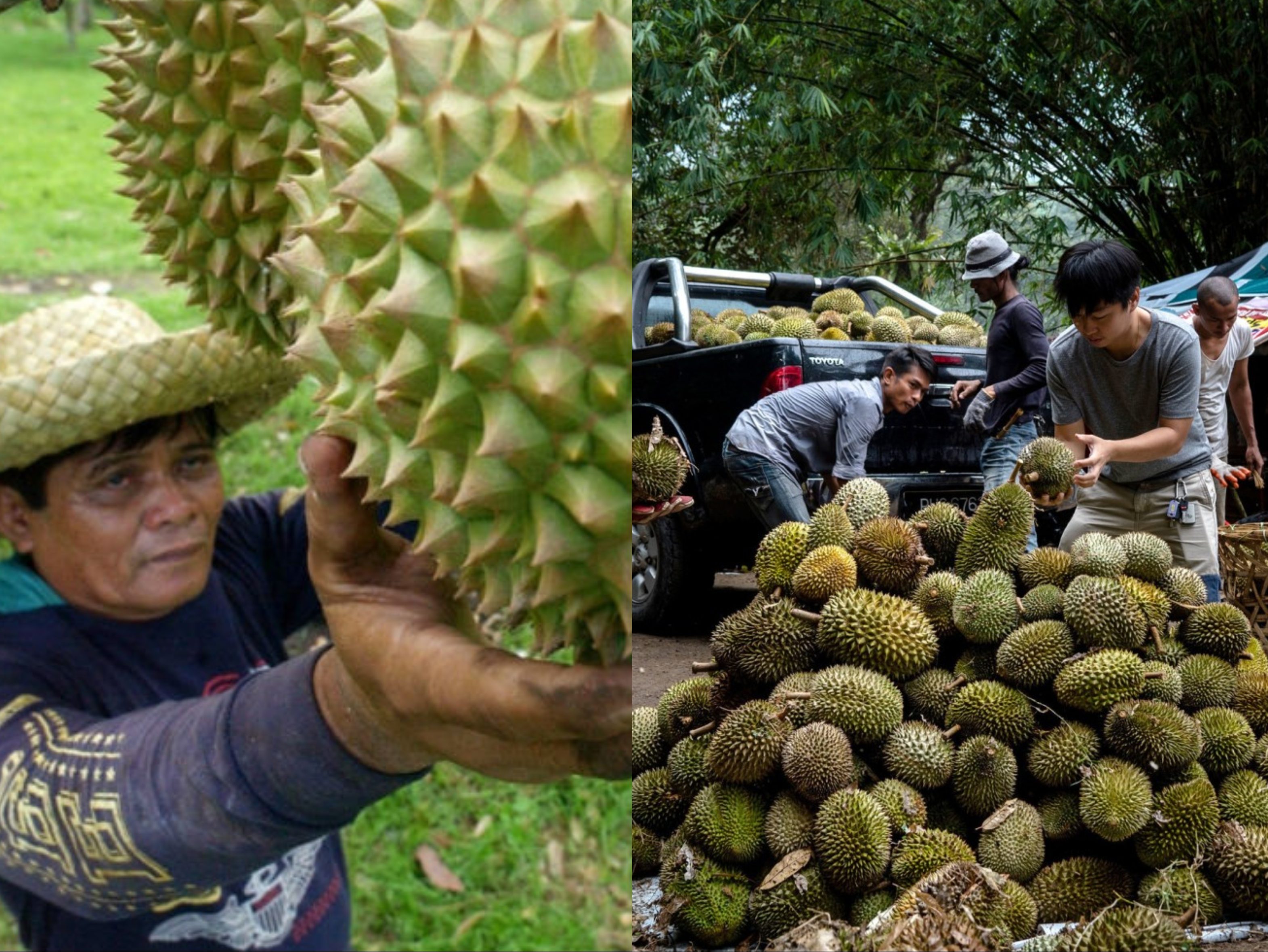 Thirsty for JUICE content? Quench your cravings on our Instagram, TikTok and WhatsApp
Thirsty for JUICE content? Quench your cravings on our Instagram, TikTok and WhatsApp
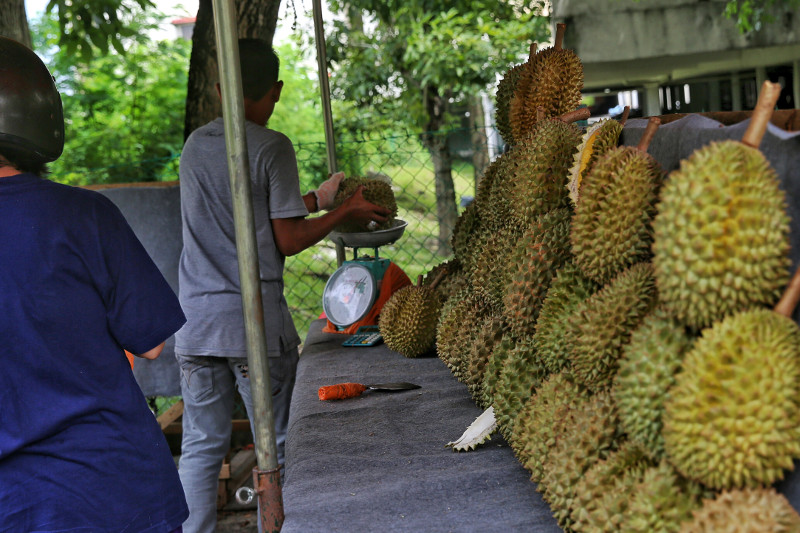
This is not the first time that the local durian industry got shady.
According to Malay Mail, a group of durian farmers who go by the name Save Musang King Alliance (Samka), alleged that they were being driven into a situation similar to “modern slavery” through a joint venture contract between the Pahang government and royal family.
Farmers of the popular Musang King durian in Pahang said yesterday in a statement that they are being pushed into signing an exploitative contract that would require them to pay “rent” of RM6,000 per acre for this year, and an additional levy of up to RM20,000 per acre based on the durians produced. The amount would total RM60,000 and RM200,000 based on 10 acres, with one acre growing about 30 matured durian trees.
While previously accused of occupying the durian orchards’ land without a licence “illegally”, the group insisted that they had been constantly applying for land titles and licences from the authorities through the proper channels but were not granted such papers from the Pahang state government.
Later on, the group was offered an “exploitative and unequal” contract with Royal Pahang Durian Produce-PKPP Sdn Bhd (RPDP-PKPP) after the Pahang state government announced that the land they were occupying without a permit would be leased to this company to “legalise” the land.
RPDP-PKPP is reportedly a joint venture between the Pahang royalty-linked Royal Pahang Durian Group (RPD Group) and state entity Perbadanan Kemajuan Pertanian Negeri Pahang (PKPP), with the company reportedly aiming at building and operating Malaysia’s largest durian processing centre in Raub by June 2021.
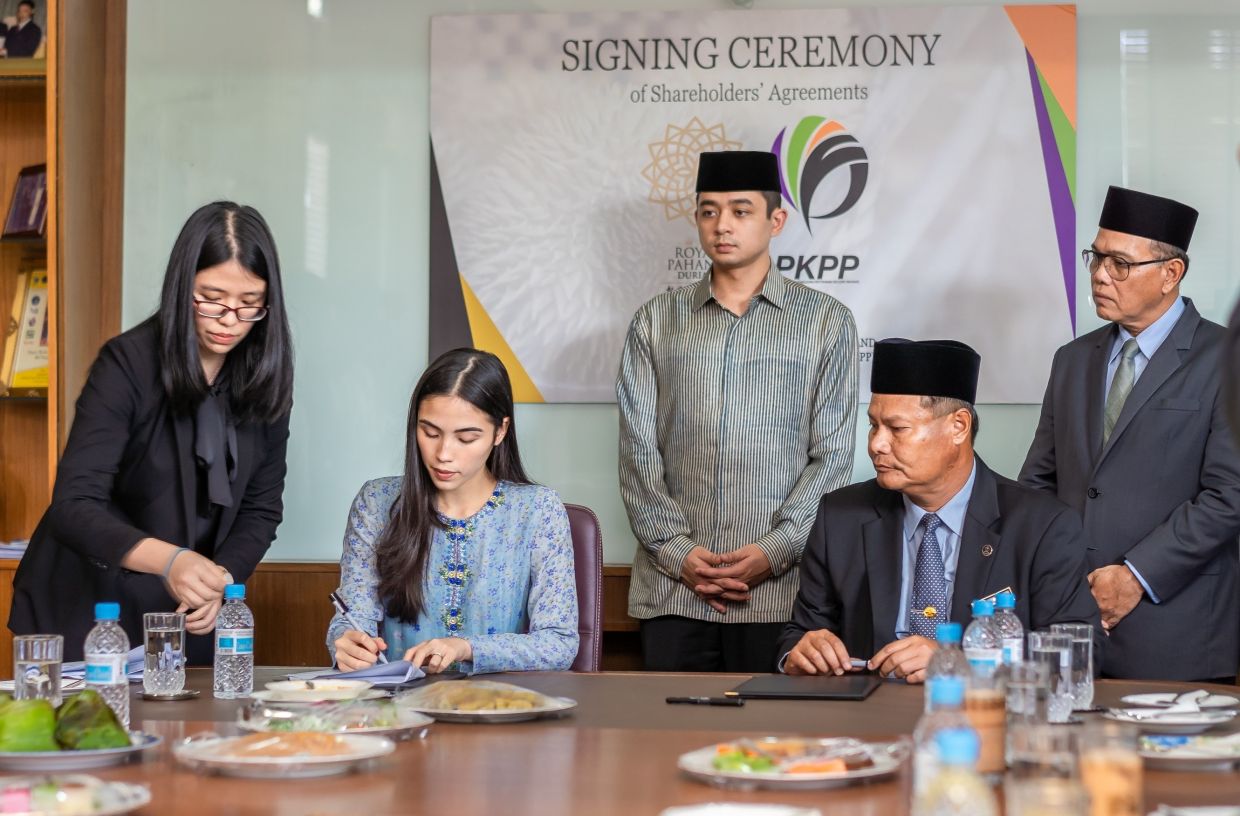
Samka also said the contract provides that the company would, from 2021 to 2022, buy Grade A Musang King durians at a fixed price of RM30 per kg from the farmers, when the average market price is RM45 per kg for such durians.
“To answer this, the private corporation claimed that they will be paying the farmers RM40 per kg, yet the additional RM10 will be deducted for land levy. If this were true, by assuming that 1 acre of land will have 2,000kg of fruits, the rent will be RM20,000 per acre. In other words, a land with 10 acres will cost a levy of RM200,000 every year,” Samka said in its statement.
Samka contrasted this with the current levy of RM50 per acre imposed by the Pahang state government on durian farms, questioning the alleged “exorbitant levy” imposed by a private company on durian farmers.
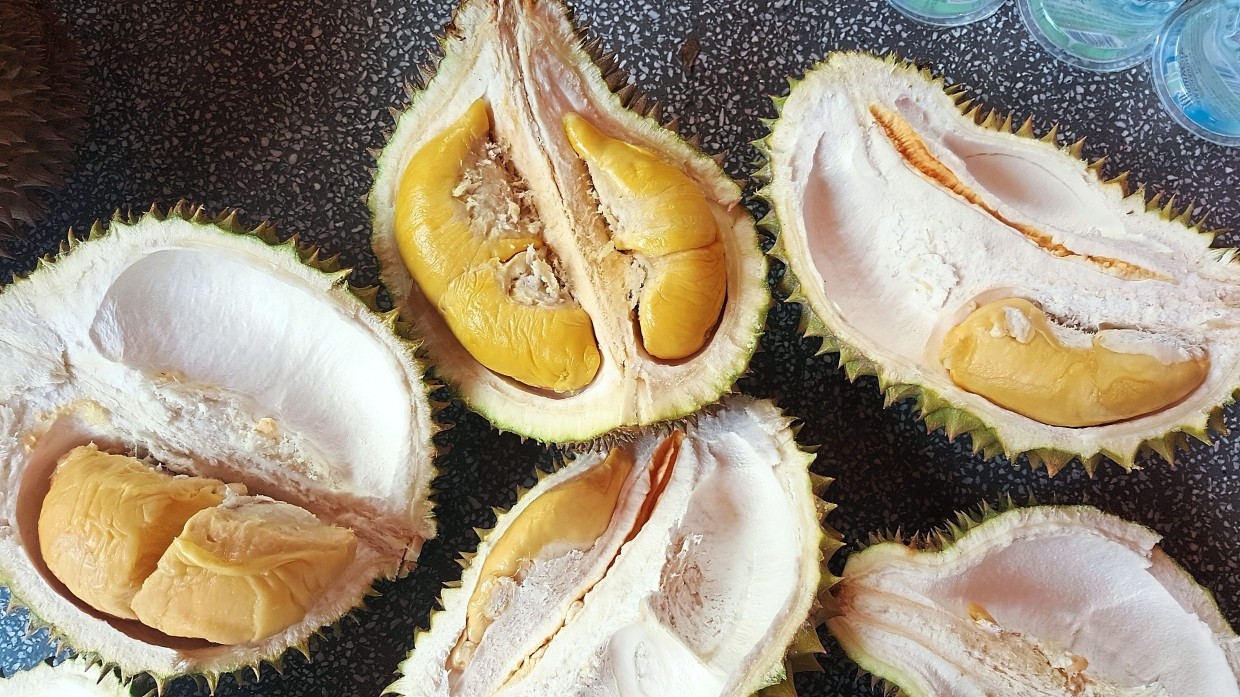
The contract also allegedly requires the durian farmers to sell a fixed amount of durians harvested to the private company every year, with farmers barred from trading freely or hoarding the durians or saving them to be shared with family and friends.
“Therefore, by signing this unequal contract, personal freedom, property and fruits of labour are all controlled by the private corporation, thus leaving farmers to be the ‘modern slaves’ under the private corporation,” Samka claimed.
For now, Samka said it was ready to take the matter to court via its appointed lawyers, adding that it plans to ask the court to issue an injunction to stop the Pahang state government and the private company from taking action against the durian farmers.
The Edge, however, on 12 August reported the Royal Pahang Durian Group explaining that the legalisation scheme it was undertaking together with the Pahang state government would save the Malaysian durian industry from potential disaster due to certification.
A Royal Pahang Durian Group spokesman had reportedly highlighted China only allows the import of Malaysian durians from Malaysian Good Agricultural Practices (MyGAP)-certified farms, ruling out illegal farms that lack land titles.
The Edge also reported that the RM10 deduction for land levy for Grade A Musang King durians for 2021 and 2022, is only for the first 2,000kg of such durians per acre. The full RM40 per kg would go to the farmer for any excess amount beyond the first 2,000 kg per acre.


 Get Audio+
Get Audio+ Hot FM
Hot FM Kool 101
Kool 101 Eight FM
Eight FM Fly FM
Fly FM Molek FM
Molek FM
